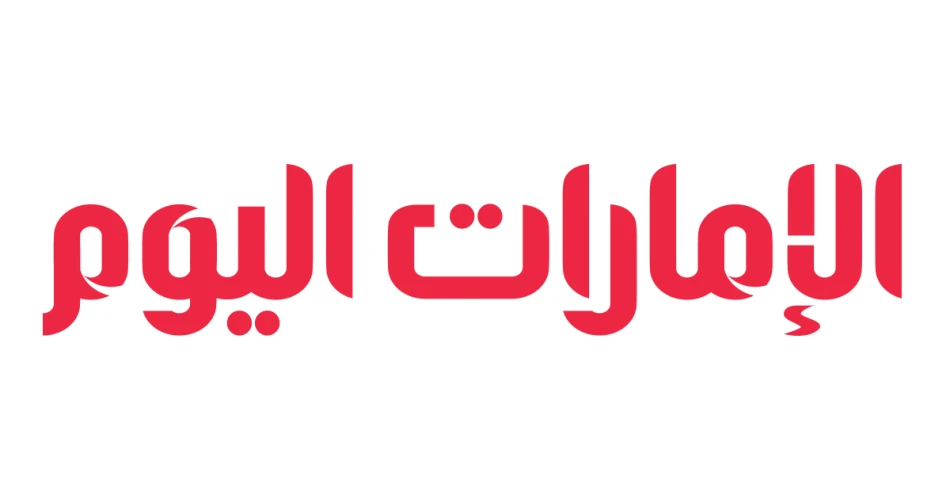
Quraiesh Hails Quartet's Joint Statement on Sudan as 'Historic'
Sudan Crisis Breakthrough: Quartet Powers Chart New Path Away From Military Solution
A joint statement from the UAE, Egypt, Saudi Arabia, and the United States marks a potential turning point in Sudan's devastating conflict, with the four-nation coalition explicitly rejecting military solutions and proposing a civilian-led transition following a humanitarian ceasefire. The coordinated diplomatic push represents the most significant international intervention since fighting erupted, signaling growing regional consensus that Sudan's crisis requires immediate de-escalation.
Diplomatic Momentum Builds Around Civilian Transition
Dr. Anwar Gargash, the UAE's diplomatic advisor to the president, described the quartet's statement as "historic," emphasizing its precise diagnosis of Sudan's crisis and clear roadmap toward resolution. The statement's emphasis on civilian governance directly challenges the military factions currently battling for control, suggesting international powers are prepared to support alternative leadership structures.
The timing appears strategic, coming as Sudan's conflict has created one of the world's worst humanitarian disasters, displacing millions and threatening regional stability across the Horn of Africa.
Regional Stakes Drive Coordinated Response
Economic and Security Imperatives
For the Gulf states involved, Sudan's collapse poses direct threats to Red Sea shipping lanes and regional investment projects. The UAE and Saudi Arabia have substantial economic interests in Sudan's agricultural and mining sectors, while Egypt faces potential refugee flows and Nile River security concerns.
The quartet's composition reflects these overlapping interests: three major Arab powers with significant Sudan exposure, plus the United States bringing global diplomatic weight and potential sanctions relief.
Lessons From Regional Interventions
The approach mirrors successful Gulf diplomatic initiatives in Lebanon and Yemen, where economic incentives and coordinated pressure eventually brought warring parties to negotiating tables. However, Sudan's military leadership has proven more fragmented and unpredictable than previous cases.
Humanitarian Ceasefire as Political Leverage
The statement's sequencing—humanitarian ceasefire followed by civilian transition—suggests the quartet plans to use aid access and international recognition as bargaining chips. This strategy worked effectively in Syria's local ceasefires, where humanitarian corridors became stepping stones to broader political agreements.
The emphasis on Sudan's territorial unity also addresses fears that prolonged conflict could fragment the country along regional lines, potentially creating multiple failed states that would destabilize the entire region.
Market and Investment Implications
Sudan's conflict has effectively frozen its substantial natural resources—including gold, oil, and agricultural land—from international markets. A successful transition could unlock billions in investment, particularly given Sudan's strategic location between Africa and the Middle East.
The quartet's backing suggests major Gulf sovereign wealth funds are prepared to finance reconstruction, but only under stable civilian governance. This economic carrot may prove more persuasive to Sudan's military leaders than previous diplomatic pressure alone.
Testing International Coordination
The joint statement represents a rare moment of US-Gulf alignment on a major crisis, despite broader tensions over regional policies. Success in Sudan could establish a template for addressing other African conflicts where American and Arab interests converge.
However, the quartet's effectiveness will depend on maintaining unified pressure while navigating Sudan's complex tribal and regional dynamics. Previous international initiatives in Sudan have foundered on the military's ability to exploit diplomatic divisions and delay meaningful reforms.
Most Viewed News

 Sara Khaled
Sara Khaled






